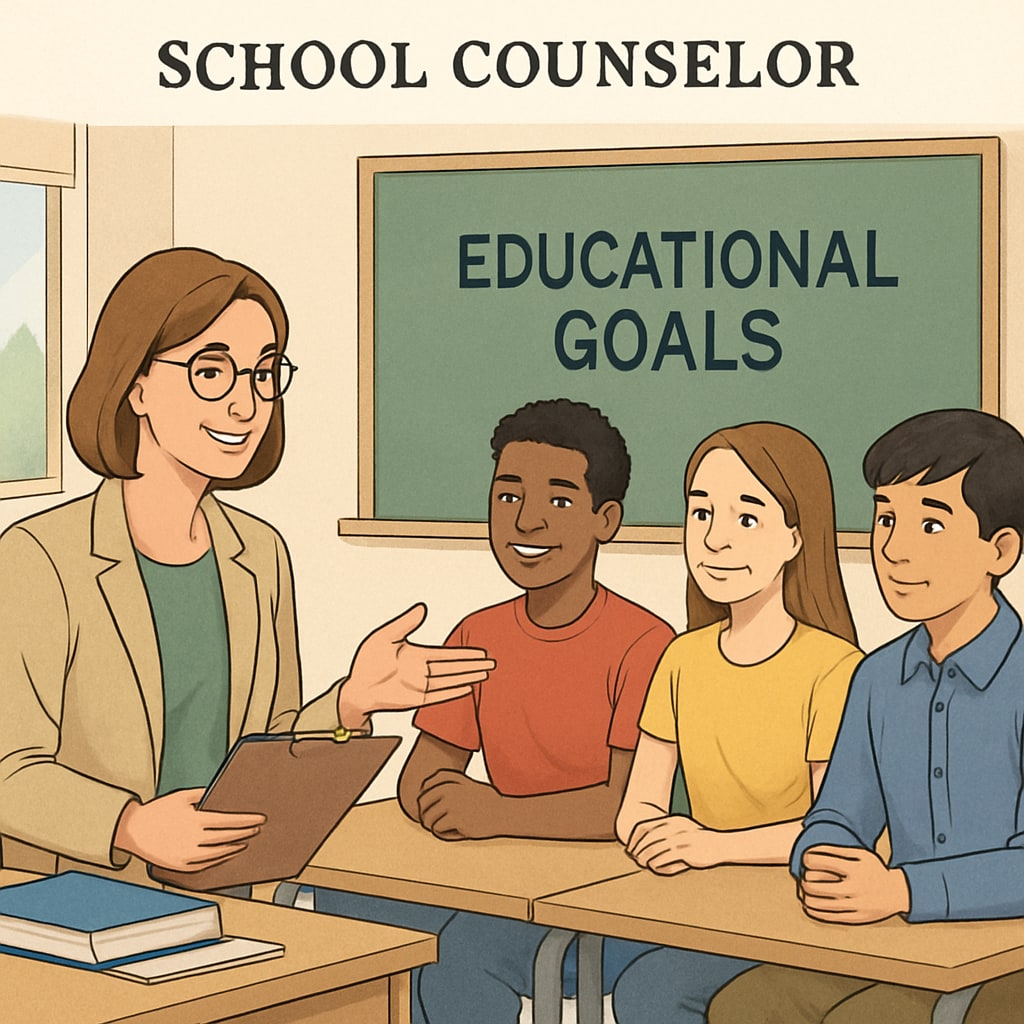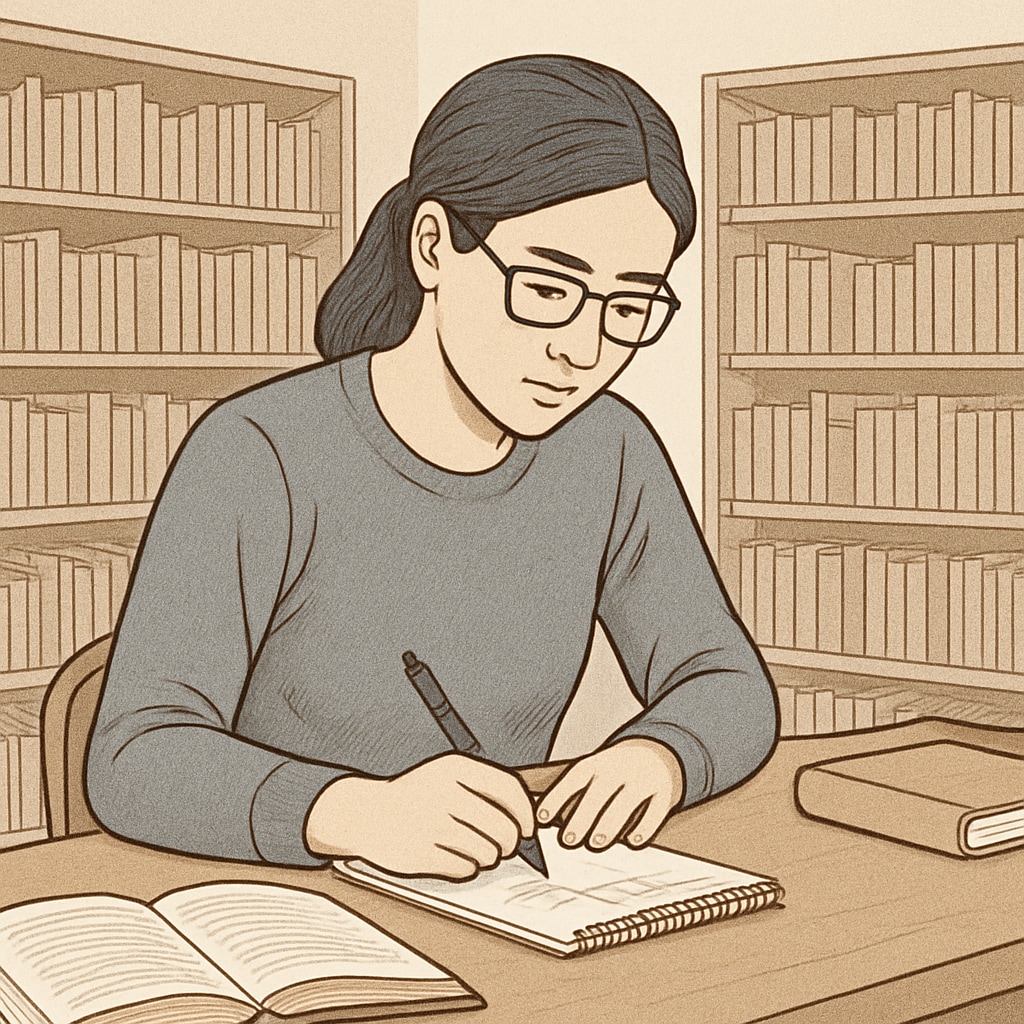Graduate students seeking to interview K12 school counselors for their research assignments often encounter both opportunities and challenges. These interactions offer an invaluable chance to bridge theoretical academic work with the practical realities of education. By connecting with school counselors, graduate students can explore unique perspectives, enrich their research, and contribute to the broader educational discourse. However, effective collaboration demands careful planning, mutual understanding, and respect for the counselors’ time and expertise.

Why Collaborating with School Counselors Matters
School counselors play a critical role in shaping student success by addressing academic, emotional, and social challenges. For graduate students, interviewing these professionals provides insight into real-world education strategies, which can help validate or expand their academic theories. This collaboration is particularly relevant for fields like psychology, social work, and education studies, where practical applications are essential.
Moreover, these interviews offer school counselors an opportunity to share their expertise, potentially influencing academic research that could lead to better policies or resources. As a result, the partnership benefits both parties: graduate students gain firsthand knowledge, while counselors contribute to advancing educational practices.
Challenges in Establishing Effective Communication
Despite the advantages, several challenges can arise when graduate students attempt to interview school counselors. Scheduling conflicts are common, as counselors often have demanding workloads. In addition, some counselors might hesitate to participate due to confidentiality concerns or limited familiarity with academic research processes.
Another challenge lies in bridging the gap between theoretical academic language and the practical context of K12 education. Graduate students need to ensure their questions are both relevant and accessible to avoid miscommunication or disengagement during the interview.

Strategies for Successful Collaboration
To overcome these challenges and foster meaningful collaboration, graduate students can adopt several strategies:
- Preparation: Research the counselor’s role and responsibilities beforehand to ensure the interview questions are tailored and relevant.
- Clear Communication: Explain the purpose of the interview and how their insights will be used in your research. Transparency builds trust.
- Flexibility: Be accommodating with scheduling and provide multiple options to ensure the counselor’s availability.
- Confidentiality: Assure counselors that sensitive information will be handled with discretion and in compliance with ethical research standards.
- Follow-Up: Share findings or outcomes with the counselor, demonstrating appreciation for their contribution.
By implementing these strategies, graduate students can create a productive and respectful environment for academic interviews, ensuring mutual benefits from the collaboration.
The Broader Impact of Graduate-Counselor Dialogues
Interviews between graduate students and school counselors contribute to bridging the gap between academic research and practical education. These dialogues can lead to the development of innovative solutions for challenges faced by schools, students, and educators. For example, insights gained from counselors might inform new approaches to student mental health support or academic intervention strategies.
Furthermore, this collaboration highlights the importance of interdisciplinary communication in education. By fostering mutual understanding, graduate students and school counselors can work together to create research that genuinely benefits the K12 community.
In conclusion, graduate students interviewing K12 school counselors is not merely an academic exercise—it is an opportunity to build bridges between theory and practice, enriching both fields. With thoughtful preparation and respect for the counselors’ expertise, these interviews can unlock valuable insights and contribute to meaningful advancements in education.
Readability guidance: Use short paragraphs and bulleted lists to summarize key points. Ensure smooth transitions with linking words like “however,” “in addition,” and “for example.” Maintain a balanced mix of active and passive voice for clarity and engagement.


